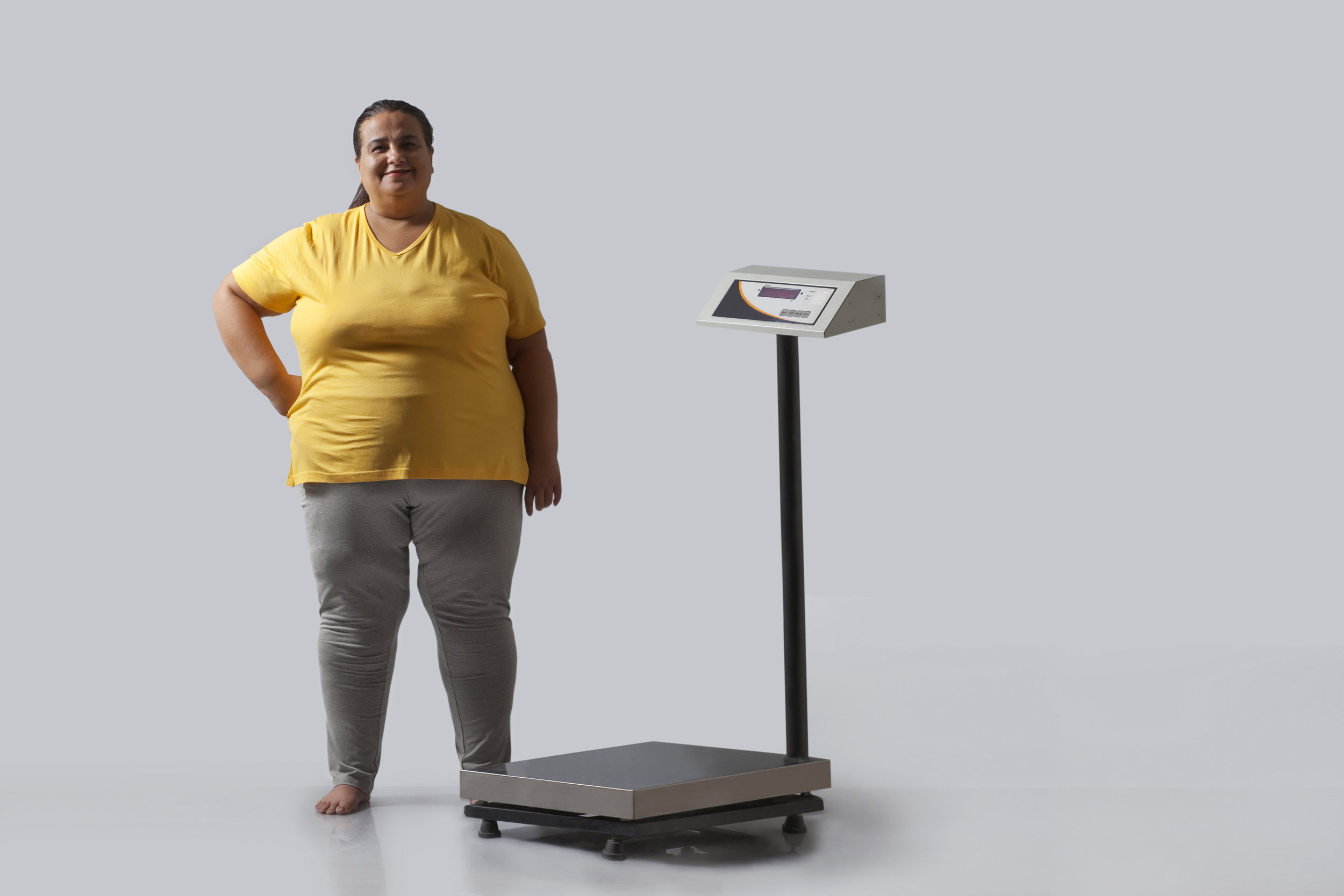Corporate Wellness Project - Diabetes and a Lifestyle Invention in Delhi Workplaces
Project Description
Working together with another MNC this project sought to understand more about the role of a lifestyle intervention to reduce the risk of diabetes in those not yet diagnosed as diabetics. The intervention included a digital health platform that could be used to engage with participants to keep them motivated and following a programme over a 6-month period in New Delhi workplaces. They would follow an exercise programme, have nutrition education and engage with health care practitioners for one on one counselling during the intervention. The stakeholders included in this project were Indian health care institutions, two MNCs, Government WHO policy advisers, catering companies, gymnasium and health companies as well as leading academics who specialised in diabetes in India.
Why do this Project?
We were looking for employer led interventions that could be introduced in India. The key was that they needed to be sustainable and relatively low cost. Our target participants were those who were overweight and at risk of diabetes. In the urban settings of India, changing food patterns and more sedentary work has led to higher rates of obesity. A nationwide (India) survey revealed that about 10-16% population of urban area is diabetic1
Findings
A digital platform was developed to provide an interactive tool through which to engage with participants enrolled in the pilot. A multi component life style intervention was initiated at four employer sites in New Delhi with two acting as controls. The platform encouraged participants to provide input on how they were following the programme and form social groups to challenge and support each other.
After the 6 months of intervention followed by 3 months maintenance, the results were encouraging. There was significant positive change in the biomarkers associated with diabetes, obesity and reduced cardio-metabolic risk factors in the intervention group compared with the control group. The most important finding was a 50% reduction in the pre-diabetes population post intervention in addition to a reduction of 0.2 % Hb1Ac
Key Message
The study indicates that through this intervention, there is a high probability of preventing pre-diabetes from progressing to diabetes and that the intervention programme can restore a normal glucose metabolism. This suggests that the intervention has the potential to improve productivity, quality of life and reduce the economic burden of future medical treatment. Govt and WHO stakeholders were excited about this potential for this pilot to be scaled up for implementation across workplaces in India.
Workplace coaching sessions in New Delhi
References
- Kaveeshar and Cornwall, 2014 (2014) The Current State of Diabetes Mellitus in India, Australia Med Journal. 7(1): 45–48.



